In 2015, the European Parliament closed a legal loophole that allowed foreign drivers to easily escape traffic fines while abroad by (in theory) sending the paperwork to their country of origin and improving cross-border information exchange between authorities.
However, it hasn’t entirely worked. In Spain, tourists racking up speeding and parking tickets has long been a problem. According to Spain’s Dirección General de Tráfico (DGT), the French, Portuguese and Germans are the ones who commit the most traffic offences in Spain, usually for speeding. But getting them to actually pay their fines (multas) once they’ve left the country is proving difficult, and EU regulation doesn’t seem to have helped much.
For many years in Spain, foreign drivers simply left the country and prayed that the traffic fine wouldn’t find its way to their home country. If it did, many simply ignored them.
In Madrid for example, estimates suggest that as many as 80 percent of foreigners fined in Madrid never pay their traffic fines. That means tens of thousands of fines go unpaid each year, and that the authorities miss out on several million Euros in extra revenue.
Just 44,935 of the 232,849 total traffic fines have been paid (19.29 percent) — meaning we can say that roughly 8 out of every 10 traffic fines given to foreigners in the capital go unpaid. Though there’s no country-wide data, we can assume that the figure at the national level is somewhat similar, or to give a conservative estimate, at least above 50 percent.
Madrid’s city council has since brought in a payment collection service in view of trying to recoup the high level of non-payment from abroad, and the EU regulation to try and shore up this problem was consolidated in Spanish law in 2015, through Royal Legislative Decree 6/2015, which updated Spain’s Traffic Law.
So, the bureaucratic framework to chase fines is there, at least, but practically speaking, it doesn’t seem to happen much. That begs the question, do tourists have to pay Spanish traffic fines? Which fines can’t foreign drivers escape, and how do they pay?
READ ALSO:
Traffic fines in Spain
The Club Europeo de Automovilistas (CEA), regulates the cross-border exchange of traffic information, and it establishes eight main types of driving and traffic offences which will be communicated across borders, regardless of the European country where the offence is committed. These offences are:
- Speeding
- Failure to wear a seat belt or other approved restraint system.
- Running a traffic light, stop sign or yield sign.
- Driving with alcohol levels higher than those established by regulations.
- Driving under the influence of narcotics, psychotropic drugs, stimulants and any other substance with similar effects.
- Not wearing a helmet when riding a motorbike.
- Driving in a forbidden lane, improper circulation on the hard shoulder or in a lane reserved for certain users.
- Using a mobile phone or other communication device while driving.
READ ALSO: What are the drink driving limits and penalties in Spain?
Rental cars
For readers who’ve been fined while driving a rental car in Spain and wondering (hoping) if they can get away with it, know that the authorities can still identify you.
The EU Directive on cross-border exchange of information applies to all vehicles, whether private or rental. If a rental car picks up a traffic violation and is fined in Spain, the company will communicate the offender’s details to the competent authorities in order to process the fine. In fact, it may actually be more likely that you’ll have to pay it off this way, because rental companies require identification and address details.
In addition to the fine, you usually have to pay an additional surcharge for an administrative fee for “fine Management” charged by the rental company. In the event that your infraction leads to a traffic accident with damage to the vehicle, the damages will be excluded from the insurance liability limitation, and you’ll have to pay an additional surcharge on top of it.
What to do if you get a traffic fine in Spain?
So you got caught speeding in Spain and actually received a traffic fine at your home address. What happens now? You generally have three options: firstly, pay up (with a possible discount); secondly, appeal the fine; and thirdly, if you weren’t driving, prove you weren’t the driver.
Pay fine
The DGT handles all traffic fine payments in Spain. If you’re abroad, the easiest way to pay will be online, which you can do here, but you can also pay via phone, app, or in person if you wish.
If you pay within 20 days, you usually receive a 50 percent discount on the total amount.
Appeal fine
If you do not agree with the fine, you can appeal by submitting a plea or appeal with the evidence you consider appropriate.
You can do all this via the DGT website.
Not the driver?
If you receive a traffic fine from Spain and you weren’t the driver (whether someone else was driving your car or there was a mix up with dates and drivers at the rental company) you can challenge it. As per the DGT website: “If you were not the one driving the vehicle at the time of the offence, you can identify the driver within 20 days of receiving notification of the fine.”
In the case of minor offences identifying the driver is voluntary and if you pay the fine it will be understood that you were the driver. In the case of serious or very serious offences identifying the driver is compulsory. You have to identify the driver even if you are the driver. In these cases, if you do not identify the driver it will be considered a very serious offence, which may result in a large fine, and you will not be able to benefit from the 50 percent discount for paying off the fine within the voluntary period.
All the information on how to identify and report the driver is available here via the DGT.
Do tourists have to pay Spanish traffic fines?
In conclusion, it seems that many foreigners fined for traffic offences in Spain never pay it off. However, the legal and bureaucratic and frameworks to chase offenders across borders (or send their fine to their home address, at the very least) do exist, and if the authorities in Madrid are taking further steps to chase up foreign drivers escaping justice, it seems like a crackdown could be beginning.
If you do speed or jump a red light in Spain, you’ll have to see if the bureaucratic machine kicks into gear and gets your fine to your home country. Of course, one way that you’ll definitely have to pay the fine is if you are caught red handed by a police officer.

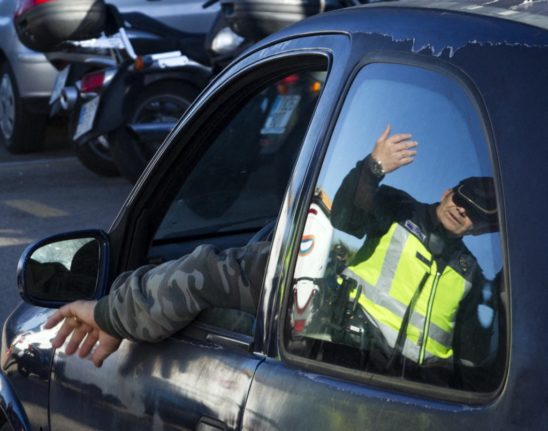
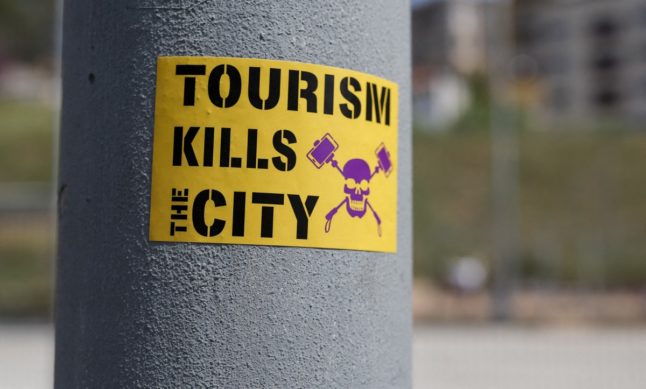
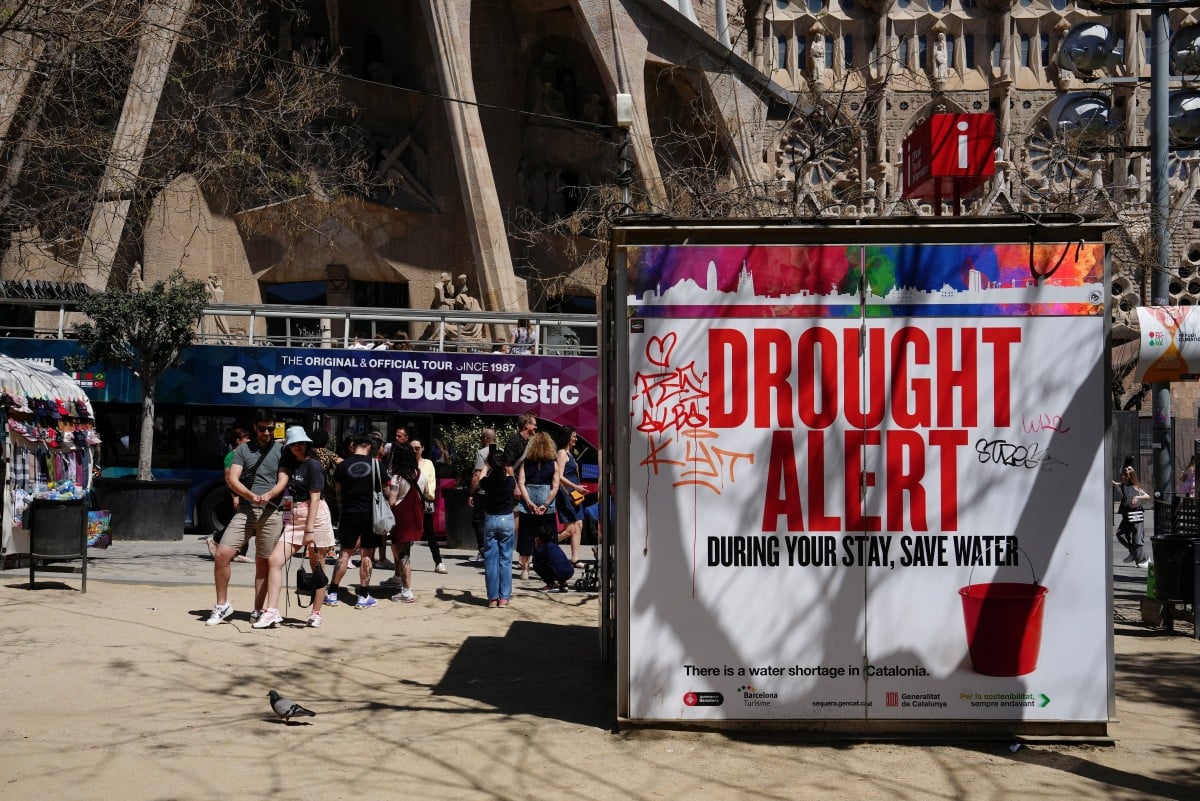
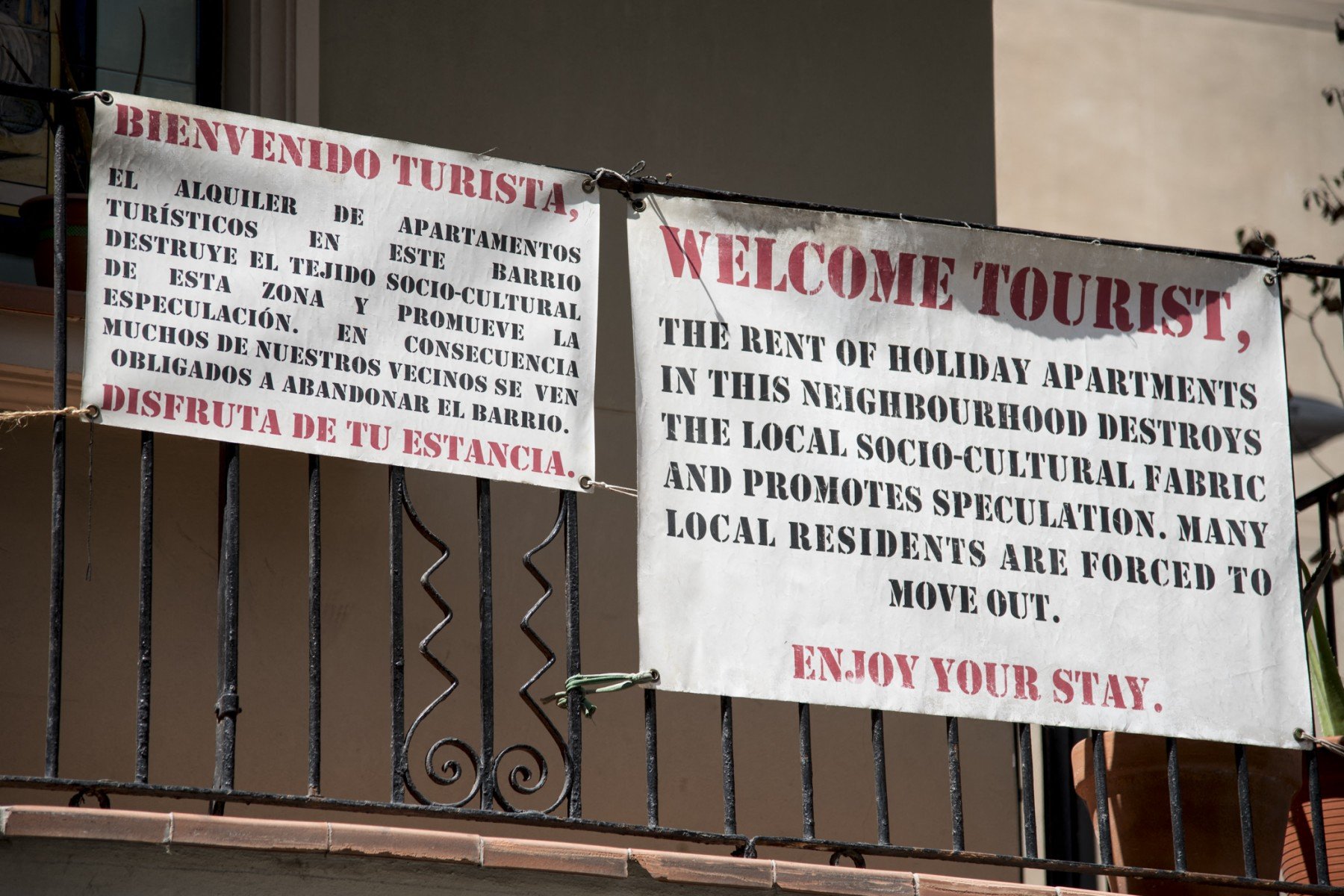
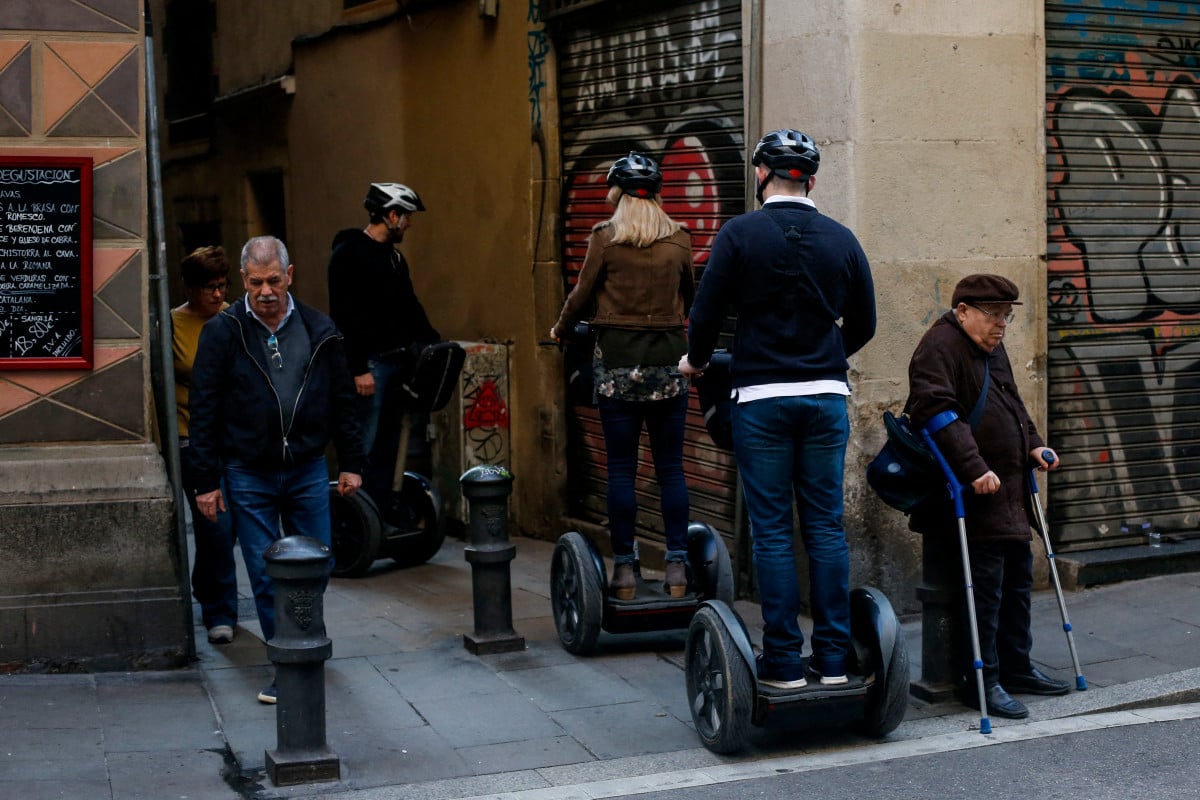
 Please whitelist us to continue reading.
Please whitelist us to continue reading.
Member comments